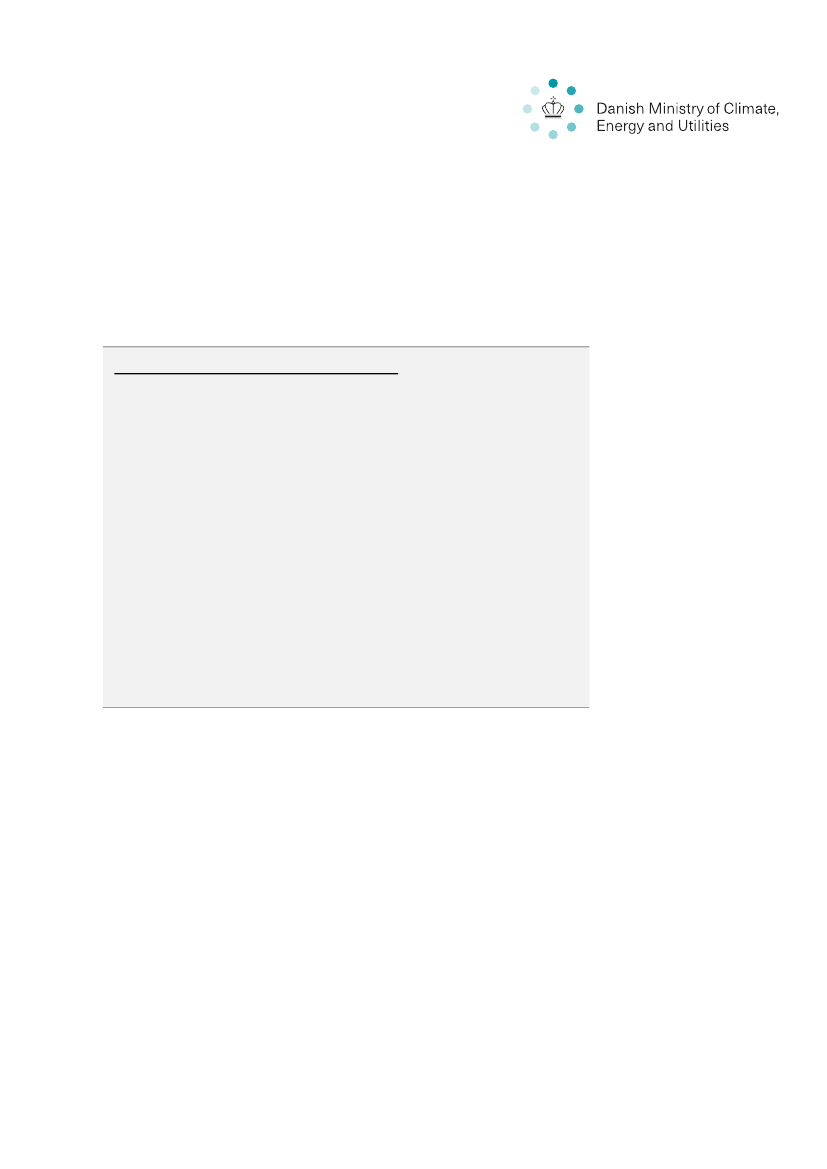
Danish Government response to the public consultation by the European
Commission on the EU Strategy for solar energy
Date
11 April 2022
Danish key priorities for the EU strategy for solar energy
The Danish government
Expresses overall support for the Commission’s approach to scaling up renewable
energy and fully agrees that solar energy plays a key role in contributing to cost-effi-
ciently achieving the EU-level target for renewable energy by 2030 and climate neu-
trality by 2050.
Encourages the Commission to work for an ambitious level of renewable energy in
the EU and strengthen the European renewable ecosystem.
Emphasizes that the individual Member States must maintain flexibility to determine
its own renewable energy mix and the general structure of its energy supply based
on a technology-neutral design of the national energy market.
Encourages the Commission to involve the respective Member States in the identifi-
cation of barriers for a market-driven deployment of solar energy and ways to pro-
mote it as much as possible
.
Emphasizes that renewable energy, including solar energy, should be considered as
being in the public interest and serving public safety.
The Danish Government welcomes the opportunity to comment on the European
Commission’s public consultation on the EU strategy for solar energy.
The Danish Government supports an EU strategy for solar energy and the current
proposal for a strategy framework. The Commission’s priorities are consistent with
the Danish Government’s agenda on prioritising and supporting a cost-efficient ac-
celerated development of renewable energy - including solar energy production.
Increase ambitions for renewable energy in 2030
Denmark fully agrees with the Commission’s assessment that achieving the EU
emissions reduction target of at least 55 pct. by 2030 necessitates an accelerated
clean energy transition with renewable energy at its core.
The energy sector will be the main contributor to reaching the 2030 climate target,
and it must be at the centre of an ambitious effort to realize the enhanced climate
target of at least 55 pct. cost-effectively by 2030 and to become climate neutral by
Side 1/3